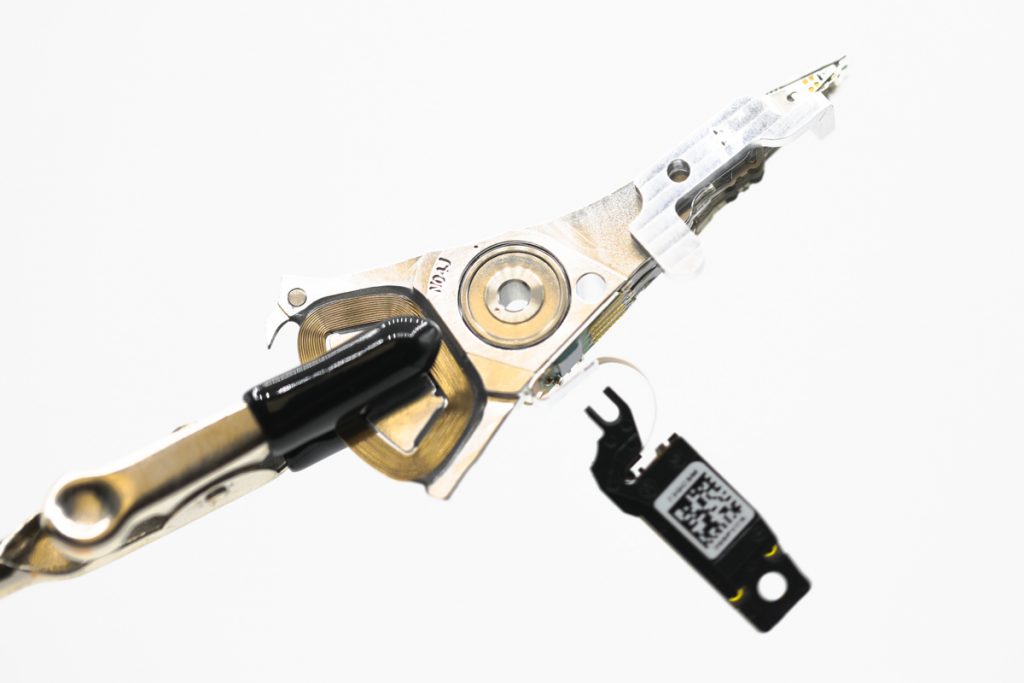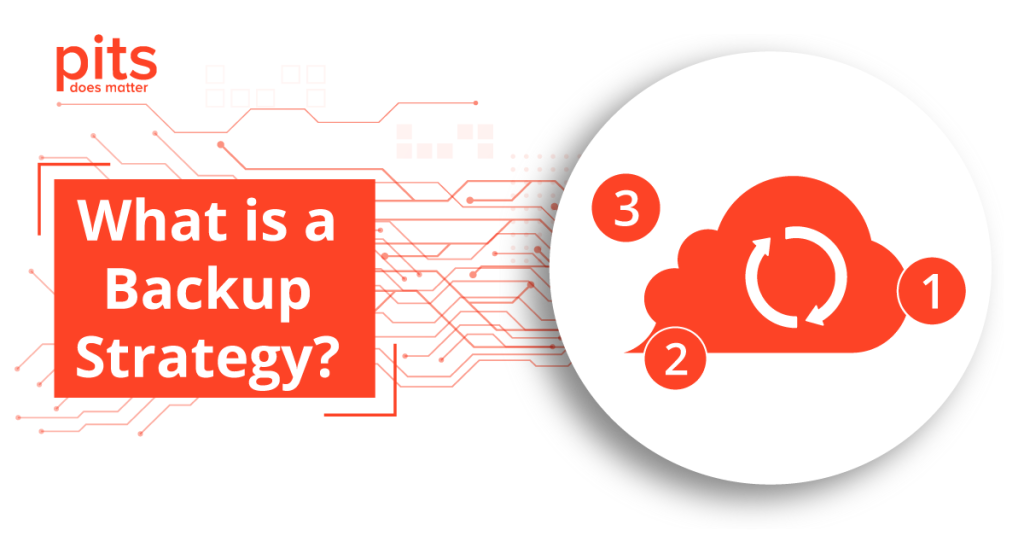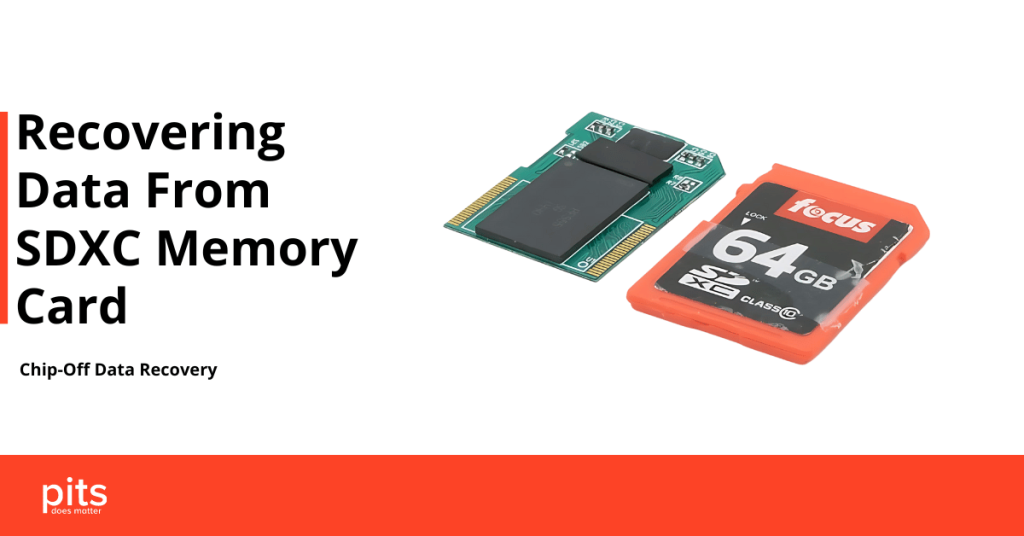When a hard drive head crash occurs, it’s essential to act quickly and carefully to maximize the chances of successful data recovery. Continuing to operate the drive after a head crash can lead to further damage and decrease the likelihood of retrieving the lost data. In such situations, it’s crucial to seek professional assistance from experienced data recovery specialists.
These experts have the necessary skills, tools, and knowledge to safely diagnose the extent of the damage and devise an appropriate recovery strategy. They often work in cleanroom environments to prevent further contamination and utilize advanced techniques to repair the read/write head or recover data directly from the damaged platters. By entrusting your hard drive to data recovery professionals after a head crash, you can significantly improve the chances of recovering your valuable data while minimizing the risk of further damage or permanent data loss.
Hard Drive Head Crash Sound
A hard drive head crash can produce some distinct warning signs that indicate potential issues with the drive. Awareness of these symptoms can help you identify the problem early and take appropriate action. Some common warning signs related to hard drive head crash sounds include:
Unusual grinding or clicking noises
These sounds may indicate that the read/write head is coming into contact with the disk platters, causing damage to the magnetic coating and data loss.
Repeated scratching or screeching sounds
These noises can signify that the read/write head is scraping against the platters, potentially damaging the data storage surface.
Sudden loud clunking or banging noises
These sounds might indicate a severe head crash, where the read/write head has made forceful contact with the platters, causing significant physical damage.
Intermittent or continuous beeping sounds
While not always indicative of a head crash, these noises can be a warning sign of mechanical issues within the hard drive that may lead to a head crash.
If you notice any of these warning signs it’s crucial to shut down your computer immediately and seek professional help from a data recovery specialist to diagnose and address the issue. Continuing to use the drive after detecting these sounds can lead to further damage and reduce the chances of successful data recovery.
Hard Drive Head Crash Symptoms
Apart from the sounds associated with a hard drive head crash, other symptoms can indicate potential issues with the drive. Recognizing these symptoms early can help you take appropriate action to prevent further damage and data loss. Four common hard drive head crash symptoms include:
Frequent read/write errors
If you’re experiencing an increasing number of read/write errors or file access issues, it may indicate a problem with the read/write head, which could potentially lead to a head crash.
Slow performance and freezing
A hard drive experiencing a head crash may cause your computer to run sluggishly, freeze, or crash frequently as the read/write head struggles to access or store data correctly.
Corrupted or missing files
Files becoming suddenly corrupted or disappearing without any apparent reason might be a sign that the read/write head is causing damage to the data stored on the disk platters.
Inability to boot or recognize the hard drive
If your computer cannot boot from the hard drive or fails to recognize the drive in the BIOS or operating system, it could be a sign of a head crash or other severe hard drive issues.
If you observe any of these symptoms, you must stop using the hard drive immediately and consult a professional data recovery specialist. They can accurately diagnose the issue and devise an appropriate plan to recover your valuable data and minimize the risk of permanent data loss.
How to Minimize Data Loss
Regular backups are also important to prevent data loss in the event of a head crash or other types of hard drive failure. Regularly backing up your data can ensure that you have a copy of your data in case your hard drive fails.
There are several options for backing up your data, including external hard drives, cloud storage, and flash drives.
If you experience a head crash or other type of hard drive failure, it is important to act quickly to minimize the risk of permanent data loss.
The faster you seek professional help, the better your chances of successfully recovering your data.

The most efficient option for data recovery of a failed hard disk drive is entrusting your case to professionals. Only a data recovery company with years of experience can handle this data loss scenario professionally.
Head Crash Hard Drive Recovery
Hard drive head crash is a serious problem that can result in data loss. If you have experienced a hard drive head crash and need data recovery services, PITS Global Data Recovery Services performs a safe recovery process and ensures maximum results.
Our data recovery specialist will start by evaluating the problem and determining the extent of the damage to the disk. This step involves disassembling the hard drive and examining the read/write head, spindle motor, and other components.
Once the extent of the damage is determined, the data recovery engineer will choose the best approach for recovering your data. The exact process will depend on the type and level of the damage, as well as the type of data that needs to be recovered.
With the right approach and professional help, it is possible to recover a significant amount of data, even from a severely damaged disk. Our company boasts a 99% success rate in restoring data from various types, brands, and models of hard disk drives.
With PITS Global Data Recovery Services, you can be sure your data will be successfully restored. Our company has years of experience working with various data loss scenarios. We regularly renew our recovery equipment and maintain the latest tools.
In addition, our engineers regularly attend qualification courses and maintain the required certificates to perform successful recovery. Working in ISO Certified Class 10 Cleanroom, we safely restore lost, corrupted, or deleted files from hard disk drives.
Start your data recovery process with our experts. You can get in touch with us by filling out the form below, and our team will get back to you at the earliest opportunity.
Frequently Asked Questions
What is a hard drive head crash?
A hard drive head crash occurs when the read-write head of a hard disk physically touches or crashes into the spinning platter, potentially leading to data loss and damage to the disk surface.
Can data be recovered from a hard drive after a head crash?
Yes, data can often be recovered from a hard drive after a head crash, but the success rate depends on the severity of the collision and the damage caused. Professional data recovery services are typically required.
How can I prevent a hard drive head crash?
To minimize the risk of a hard drive head crash, ensure your computer is situated in a stable, vibration-free environment, maintain a cool operating temperature to prevent overheating, and avoid moving your laptop while it is running.
How to tell if a hard drive has crashed?
One of the primary indicators of a hard drive crash is the infamous “blue screen of death” or similar catastrophic error messages during bootup. You might also experience frequent freezing or crashing of the computer, alongside an inability to access files. Additionally, unusual noises like clicking or grinding coming from the hard drive are often telltale signs of mechanical failure.
Who should I contact if I suspect my hard drive has crashed?
If you suspect a hard drive crash, quickly power down your device to prevent further damage. Then, consult a professional data recovery service to determine whether data recovery is possible.


